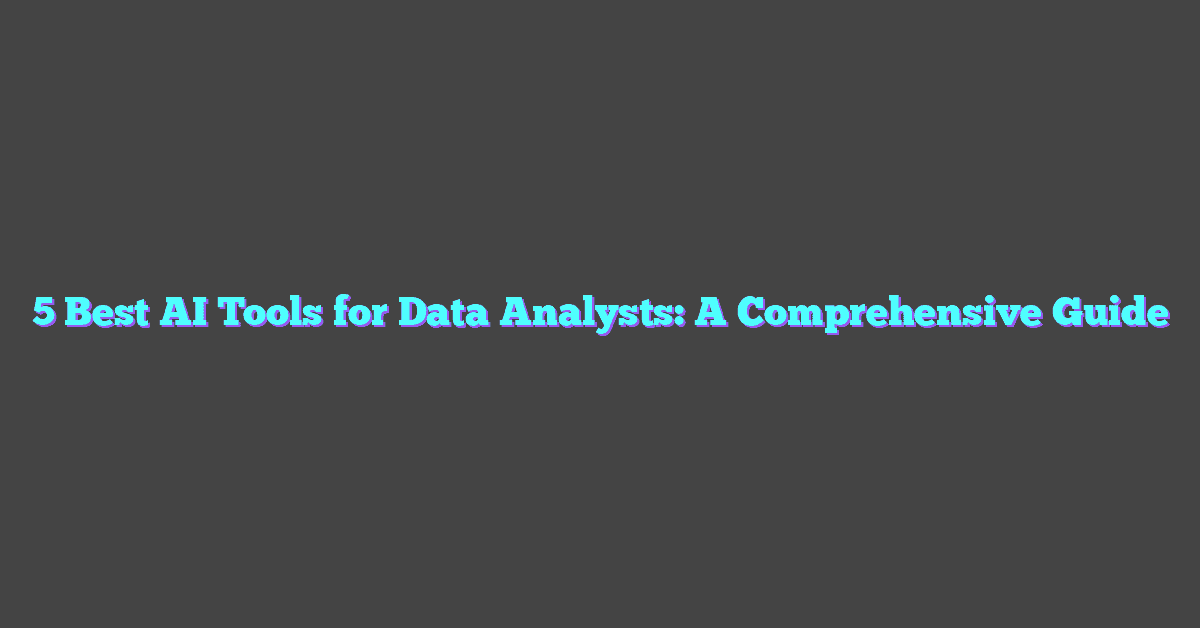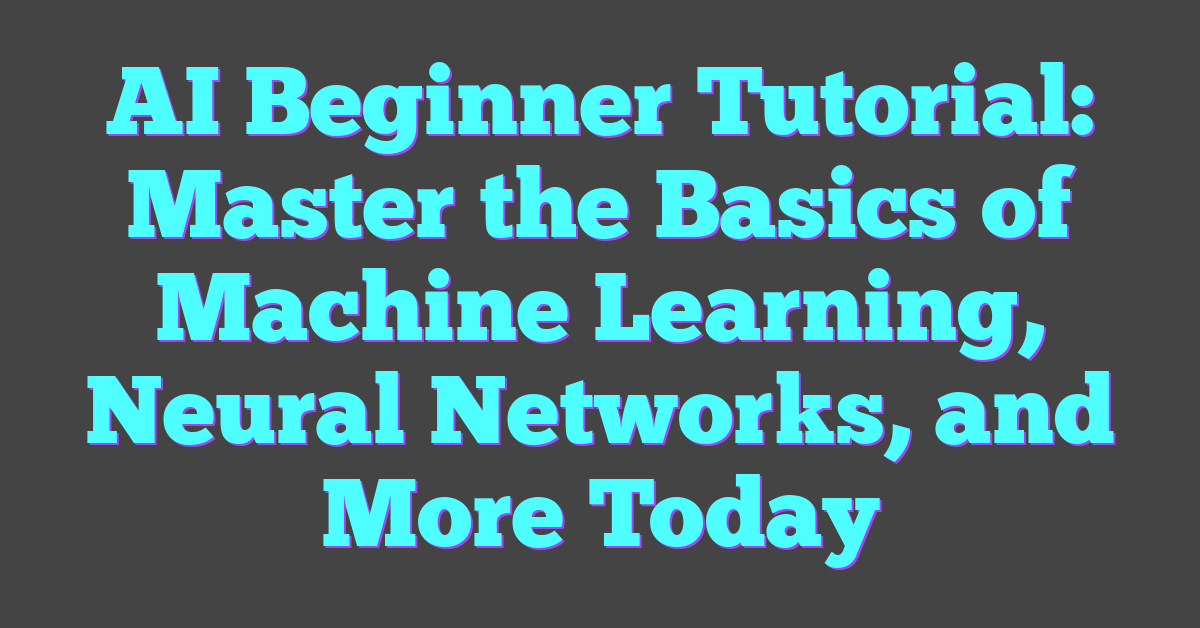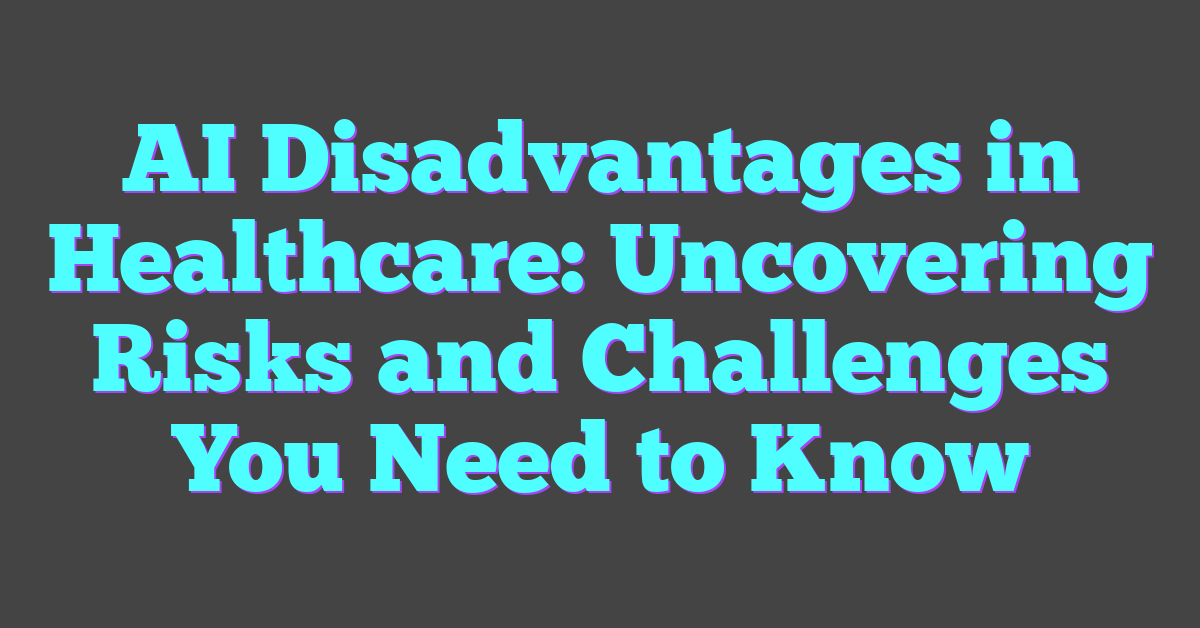AI can help data analysts in various ways, such as:
- Data preparation: AI can automate data cleaning, transformation, and integration tasks, saving data analysts time and reducing errors.
- Data visualization: AI-powered data visualization tools can generate interactive and dynamic visualizations that help data analysts explore and communicate insights more effectively.
- Predictive analytics: AI can analyze historical data patterns to make predictions about future trends, enabling data analysts to identify opportunities and risks.
- Natural language processing: AI-powered natural language processing tools can extract insights from unstructured data sources such as social media, customer feedback, and news articles, providing data analysts with a more complete picture of their business environment.
- Anomaly detection: AI can identify unusual patterns or outliers in data, helping data analysts detect potential fraud, errors, or anomalies in their datasets.
These are just a few examples of how AI can help data analysts.
By automating repetitive tasks, providing more accurate predictions, and enabling more comprehensive analysis of data, AI can help data analysts work more efficiently and effectively and provide more valuable insights to their organizations.
The Role of AI in Analytics
AI plays a crucial part in modern data analytics strategies. By allowing efficient and comprehensive data processing, it has become a key component for organizations striving for success in a data-driven world.

AI Data Analytics Tools
Artificial intelligence can process vast amounts of data to uncover trends and patterns, contributing to better decision-making in businesses. By combining AI-powered data analysis tools with traditional methods, analysts can generate accurate and actionable insights. These tools streamline the data analysis process by condensing all data into one solution, offering users a holistic perspective.
AI and data can also be combined for predictive analytics, enabling users to generate forecasts and analyze potential outcomes. This helps organizations assess the likelihood of success in various scenarios.
The following tools are some of the best AI-based options for data analysts:
- Tableau is an excellent data visualization platform that allows users to interact with their data without the need for coding. Tableau supports a wide variety of data visualization options and works seamlessly with databases of all sizes.
- Microsoft Power BI is a highly effective business intelligence platform that helps users visualize and analyze data from various sources. Microsoft Power BI also allows users to build machine learning models and includes other AI-driven features, making it an ideal option for those already using Microsoft tools.
- Polymer is a potent AI tool that quickly converts data into a flexible and efficient database. It uses AI to analyze data and enhance users’ understanding without requiring any coding skills.
- Akkio is a business analytics and forecasting tool perfect for beginners that helps users analyze data and predict possible outcomes. It utilizes AI to create a neural network surrounding a selected variable and offers an accuracy rating for the models produced.
- MonkeyLearn is a no-coding platform that employs AI-driven text analysis tools to automatically analyze and extract insights from unstructured text. It can categorize and process data automatically, thus saving valuable time.
By embracing the power of AI tools for data analysis, professionals in the field can obtain insights that drive better decision-making and contribute to the success of data-driven organizations.




